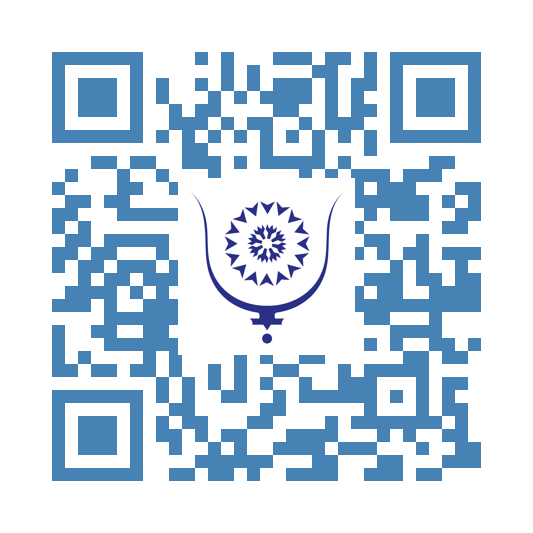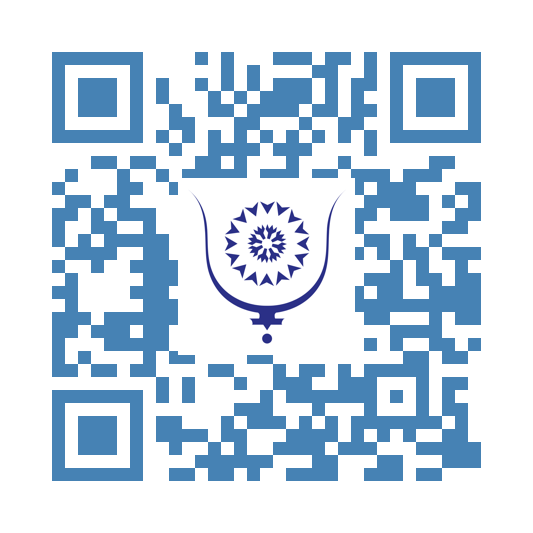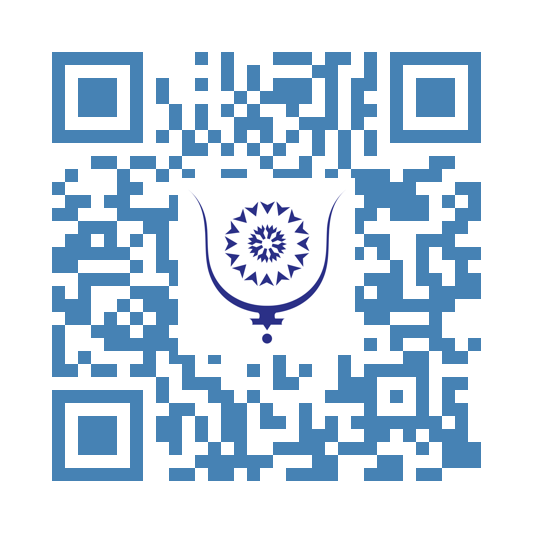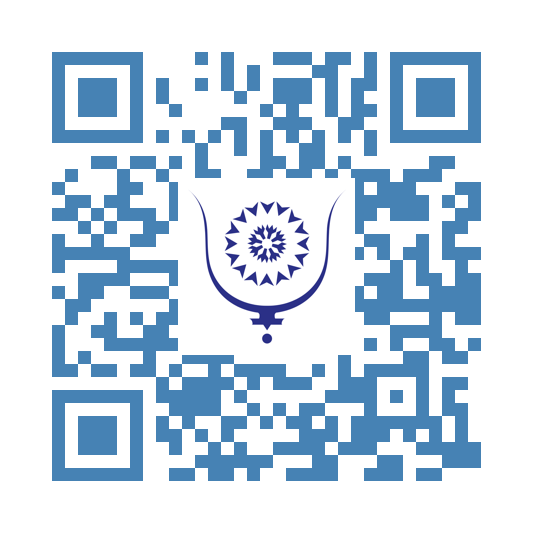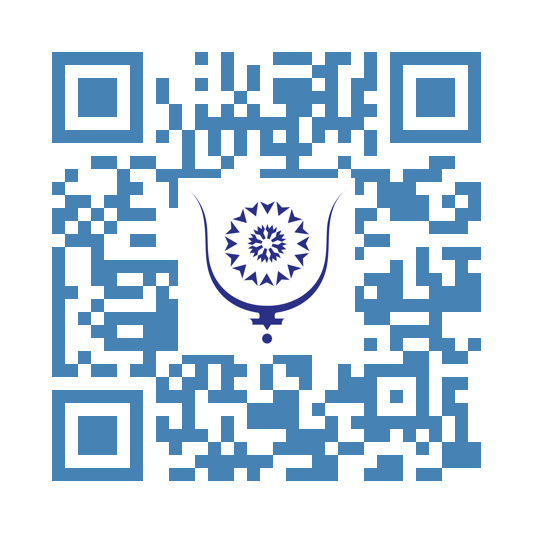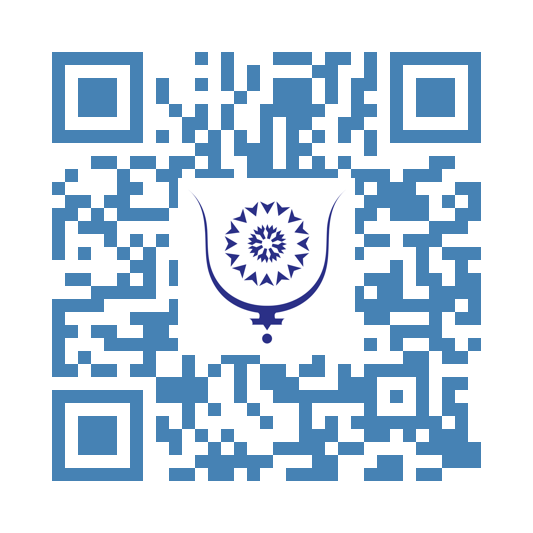Ukraine and Sudan: Two Conflicts, Two Different Perspectives... 6005
The entire Western world gathered in Washington a few days ago. Since his return, President Trump has been trying to save what remains of Ukraine, and the Europeans genuinely do not want this to happen behind their backs. Unable to play a decisive role, they at least want to be present. Their credibility is at stake, and above all, their image before the rest of the world.
Overheated by a Europe whose reach exceeds its power—a Europe increasingly powerless—Ukraine has endured and waged a war it believed it could win with Western support. To date, it has lost 20% of its territory, and it is far from over. Instead of dealing directly with Vladimir (Putin), Volodymyr (Zelensky) thought it wiser to seek support from those who had already been insufficient since delegating their defense to NATO, and thus to the United States. The Europeans will learn this the hard way: one cannot wage war without the means to do so.
That same world remains silent about what is happening in Sudan. It is considered less “interesting.” Two generals, generals in name only, have launched a militarized competition to seize power, just days after signing an agreement to share it. Since then, the situation has deteriorated. Every day, lives are lost, women are raped, and millions of people wander the desert, their only refuge.
For the Western world, perhaps—I emphasize perhaps—they are just Africans, mostly believing themselves Arabs, killing each other.
The war in Sudan, particularly in the Darfur region, remains one of the most tragic and deadly conflicts since its outbreak in April 2023. This war mainly pits two rival forces against each other: the Sudanese Armed Forces (SAF), led by Abdel Fattah al-Burhan, and the Rapid Support Forces (RSF), commanded by Mohamed Hamdan Dagalo, known as “Hemedti,” former leader of the Janjaweed militias. The latter, along with their allied Arab militias, are responsible for massive massacres, especially targeting the Massalit people and other non-Arab groups in Darfur. In essence, those who consider themselves Arab are killing and driving from their lands those they do not recognize as their own. The BBC has just released an investigation and documentary on this subject, which should stir collective conscience, if any human conscience remains willing to watch.
The conflict is primarily a power struggle between the two military leaders who, it should be recalled, had signed a pact to govern the country jointly. The sudden slide into armed clashes has spread to several regions, notably Darfur, where the RSF and their allies stand accused of grave abuses. The Janjaweed, militias identifying as Arab and formerly supported by former Sudanese President Omar al-Bashir, are active again under the RSF banner, committing ethnic-based violence openly. Also involved are the Sudan Liberation Movement (SLA/SLM), the historic rebels of Darfur, fragmented between Minni Minnawi and Abdelwahid Mohamed al-Nur.
The scale of the massacres is terrifying. According to the UN, in Al-Geneina, the capital of West Darfur, between 10,000 and 15,000 Massalit civilians were killed between June and November 2023 by the RSF and allied Arab militias. More broadly, over 150,000 have died in two years throughout Darfur, with 13 million displaced—half the Sudanese population—pushed to the brink of famine. NGOs like Doctors Without Borders warn of imminent massacres in cities such as El-Fasher, heavily besieged. The violence also includes destruction of civil infrastructure, schools, and mosques. Systematic sexual violence is another tragic facet of the massacre.
Following a deadly attack a few days ago, Doctors Without Borders just closed the only hospital still operating in Zalengei, the regional capital, making any medical activity impossible. This is not the first hospital to be forced to shut down.
Despite overwhelming evidence of war crimes and crimes against humanity, the international response remains mostly ineffective. Although the United States and the UN officially acknowledge the severity of the genocide, their direct interventions and sanctions remain timid. The African Union and the UN struggle to deploy forces capable of enforcing peace and upholding international law. Arab countries exert no notable pressure on Hemedti or Burhan, the latter having long wielded significant influence in Sudan.
This silence is interpreted by many observers as complicity, seen as a form of institutional racism that devalues African lives, especially those of the Massalit victims of the RSF. The fact that Hemedti and his allies claim an “Arab” identity while attacking so-called “African” groups, according to some, contributes to the indifference of Arab nations, more preoccupied with their regional dynamics than human rights. International Muslim organizations have also failed to take a forceful stand, despite frequent religious instrumentalization by the warring parties.
The conflict is also marked by a profound religious contradiction: murder, injustice, and war among Muslims are explicitly condemned by Islam, except in cases of self-defense or struggle against oppression. Yet, the massacres in Darfur are regularly denounced as contrary to these principles by Muslim intellectuals and religious leaders, though these condemnations have had little tangible effect on the violence.
This crisis has triggered the world’s largest current humanitarian emergency, with 13 million displaced. Access to medical care, food, and shelter remains grossly insufficient. Civilians live in extreme insecurity, caught in ethnic and political struggles manipulated by power-hungry warlords. The international community, Arab countries, and Muslim actors appear to be shirking their responsibilities, allowing this tragedy to continue in alarming silence.
This situation challenges not only global collective conscience but also the real capacity of international institutions to protect the most vulnerable populations from such vast violence. The situation in Darfur and greater Sudan is a stark and urgent call for attention.
The hope remains that the wars in both Ukraine and Sudan will end swiftly, as in both cases it is innocent generations paying the price of violent conflict.






